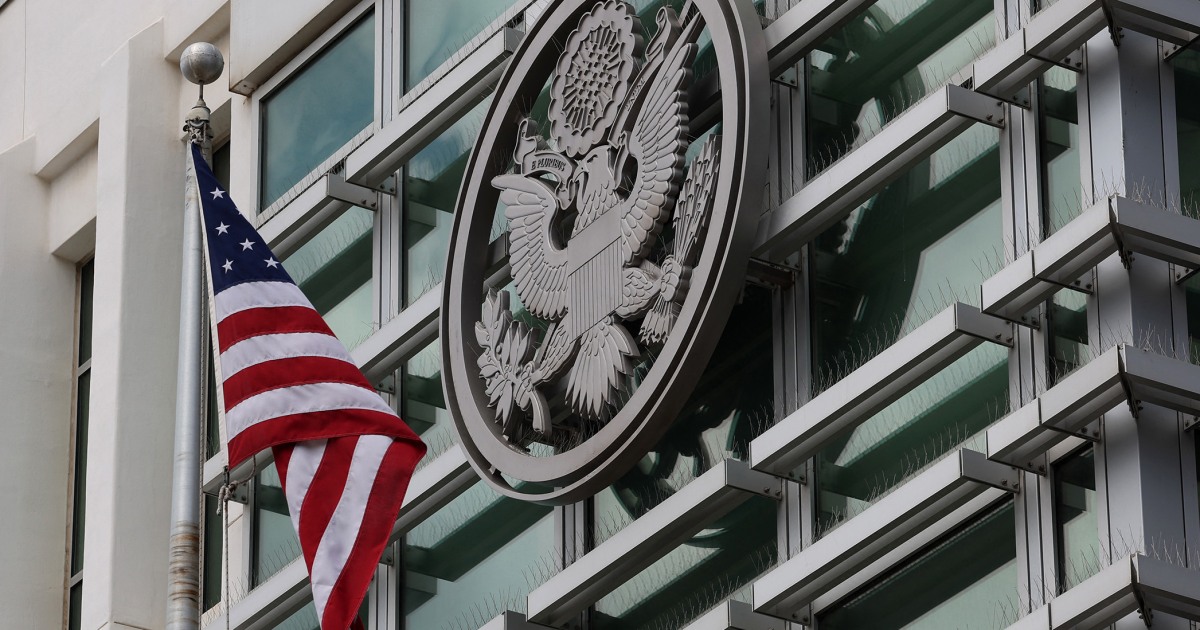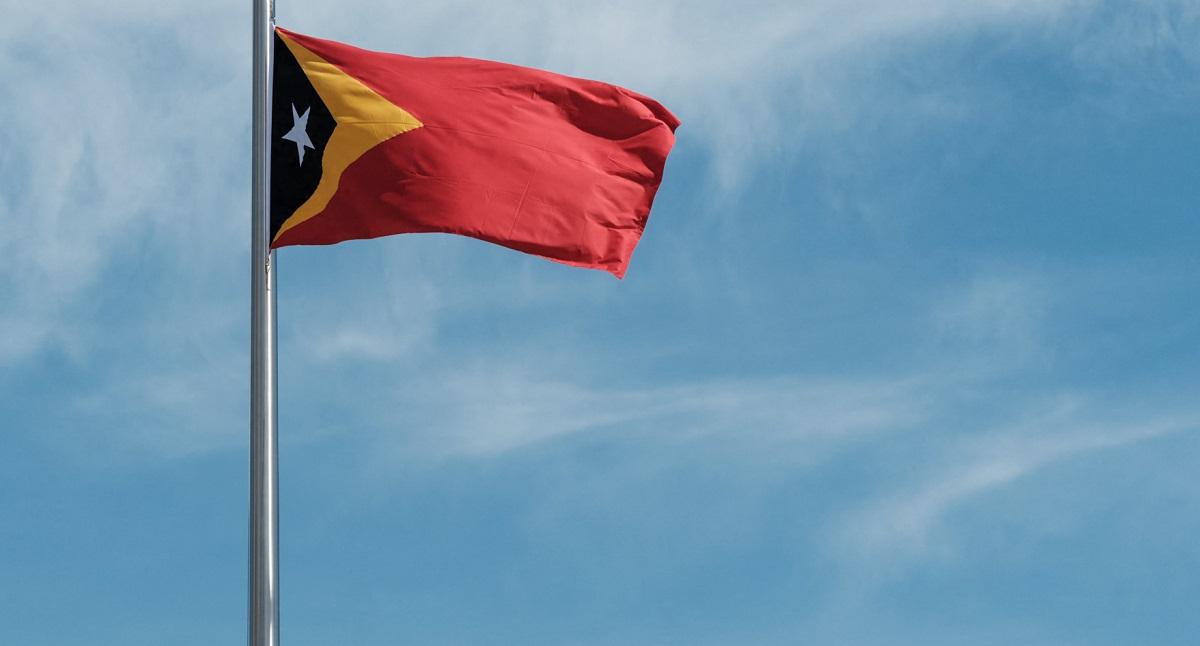China Criticizes US for Tensions in South China Sea Following Incident with Philippine Ships

MANILA, Philippines — In a significant escalation of diplomatic tensions, China has publicly condemned the United States for allegedly stirring unrest in the South China Sea (SCS). This criticism follows remarks made by US Ambassador to the Philippines, MaryKay Carlson, who took a firm stance against actions taken by the China Coast Guard towards Philippine vessels engaged in routine environmental activities earlier this week.
In a detailed post shared on social media platforms, Ambassador Carlson characterized the actions of the China Coast Guard as not only reckless but also dangerous, stating they “recklessly jeopardized lives and threatened regional stability.” The ambassador's comments reflect heightened concerns over maritime safety and the ongoing territorial disputes in the resource-rich waters of the South China Sea.
During a press briefing, Chinese Foreign Ministry spokesperson Mao Ning responded to Carlson’s statements, insisting that the United States must stop what he described as provocations that could escalate tensions further. “The U.S. should refrain from using the Philippines as a pawn to create trouble in the South China Sea and should cease undermining peace and tranquility in this vital region,” Mao asserted, emphasizing China's determination to protect its maritime interests.
The recent tensions were exacerbated by an incident that occurred on May 21, 2025. A photograph, made public by the Philippine Bureau of Fisheries and Aquatic Resources (BFAR) and the Philippine Coast Guard (PCG), depicts a China Coast Guard vessel deploying a water cannon against a BFAR ship near Sandy Cay reef, an area that is part of the ongoing territorial dispute. The Philippine fisheries bureau has accused the China Coast Guard of not only using water cannons but also sideswiping a Filipino government vessel while it was engaged in collecting sand for important research activities.
This incident highlights the fragile state of relations in the South China Sea, where conflicting claims over maritime territories have led to numerous confrontations. The region is a crucial shipping lane and is believed to hold vast reserves of oil and natural gas, making it a flashpoint for international tensions involving not just China and the Philippines but also the United States, which has a vested interest in maintaining freedom of navigation in these waters.
As the situation unfolds, both nations are expected to navigate a complex web of diplomatic relations that will influence not only regional stability but also broader geopolitical dynamics involving other nations with interests in the South China Sea.


























